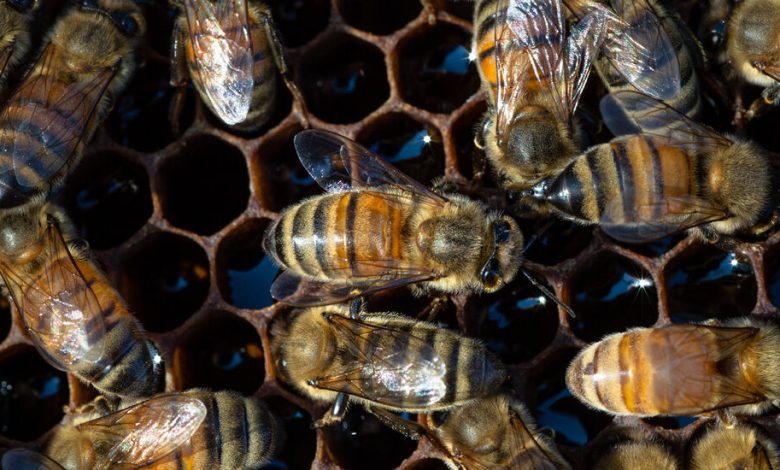Our Society is Not a Bee Hive

This week in The Texas Monthly, I read a troubling profile of Tim Dunn, a 68-year-old billionaire Texas oilman and lavish financier for right-wing extremists in the state.
“In the past two years,” Russell Gold writes, “Dunn has become the largest individual source of campaign money in the state by far.” He has spent, through his political action committee, millions of dollars targeting Republicans who don’t meet his ideological litmus tests of opposition to public schools, opposition to renewable energy and support for tax cuts and draconian anti-abortion laws.
A pastor who once said that only Christians should hold leadership positions in government, Dunn sees himself as someone who is on a religious mission of sorts and has devoted his time and wealth to imposing his ultraconservative politics and fundamentalist beliefs on as many Texans as possible.
I highly recommend reading the entire profile, which is a comprehensive look at a very powerful man. I was disturbed. There is his wealth and influence, yes. But there is also his worldview, captured in the opening scene of the piece. Dunn makes an unfavorable comparison between human societies and bee hives:
By itself, this passage reads as fairly innocuous. But when read with Dunn in mind — a straightforward Christian nationalist whose allies in Texas politics are leading the charge to ban books, suppress the rights of L.G.B.T.Q. Texans and restrict reproductive health care — it takes on a more ominous cast.
The passage, in that context, seems to capture the perspective of a man who does not believe in democratic freedom — a freedom rooted in political and social equality — as much as he believes in the freedom of the master, which is to say the freedom to rule and subordinate others. It’s a tyrannical freedom, one that rests on the idea that the world is nothing but a set of overlapping hierarchies, and that if you do not sit at the top of one, then you must be made to serve those who do. You’ll find freedom within your role, and nowhere else.
This is not a new or foreign conception of freedom — it is very much a part of the American political tradition, one of the more dissonant notes in our collective heritage. The issue, today, is twofold. First, we have a powerful political movement, led by Donald Trump, that defines itself in terms of this freedom. And second, we’ve allowed such a grotesque accumulation of wealth that figures like Dunn can wield tremendous influence over the political system.
